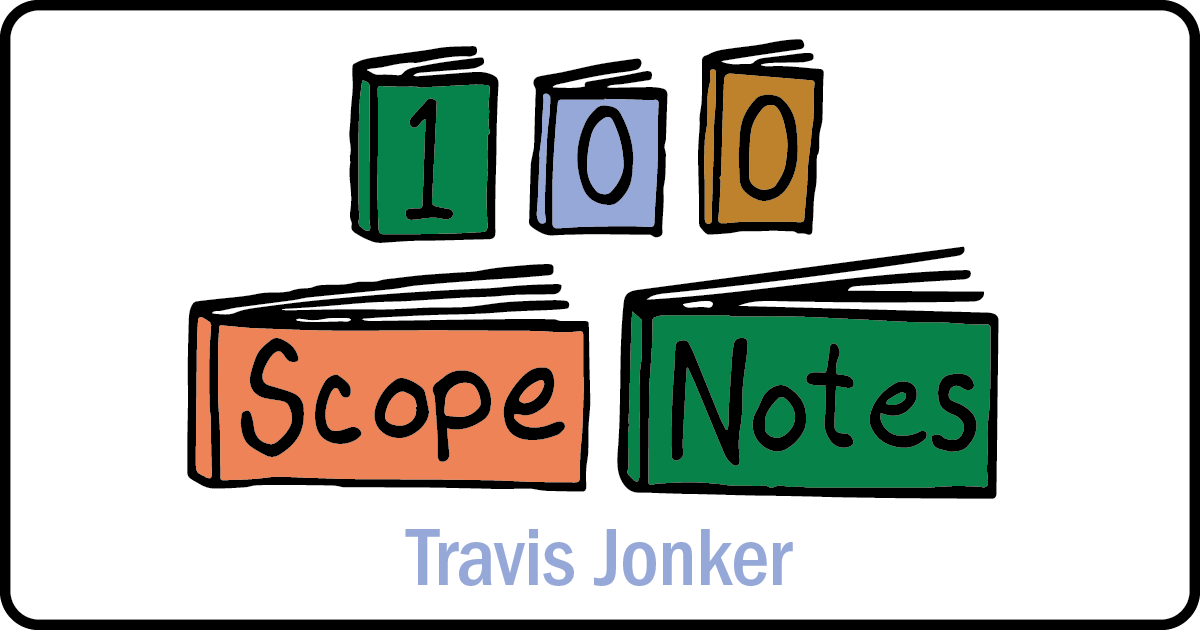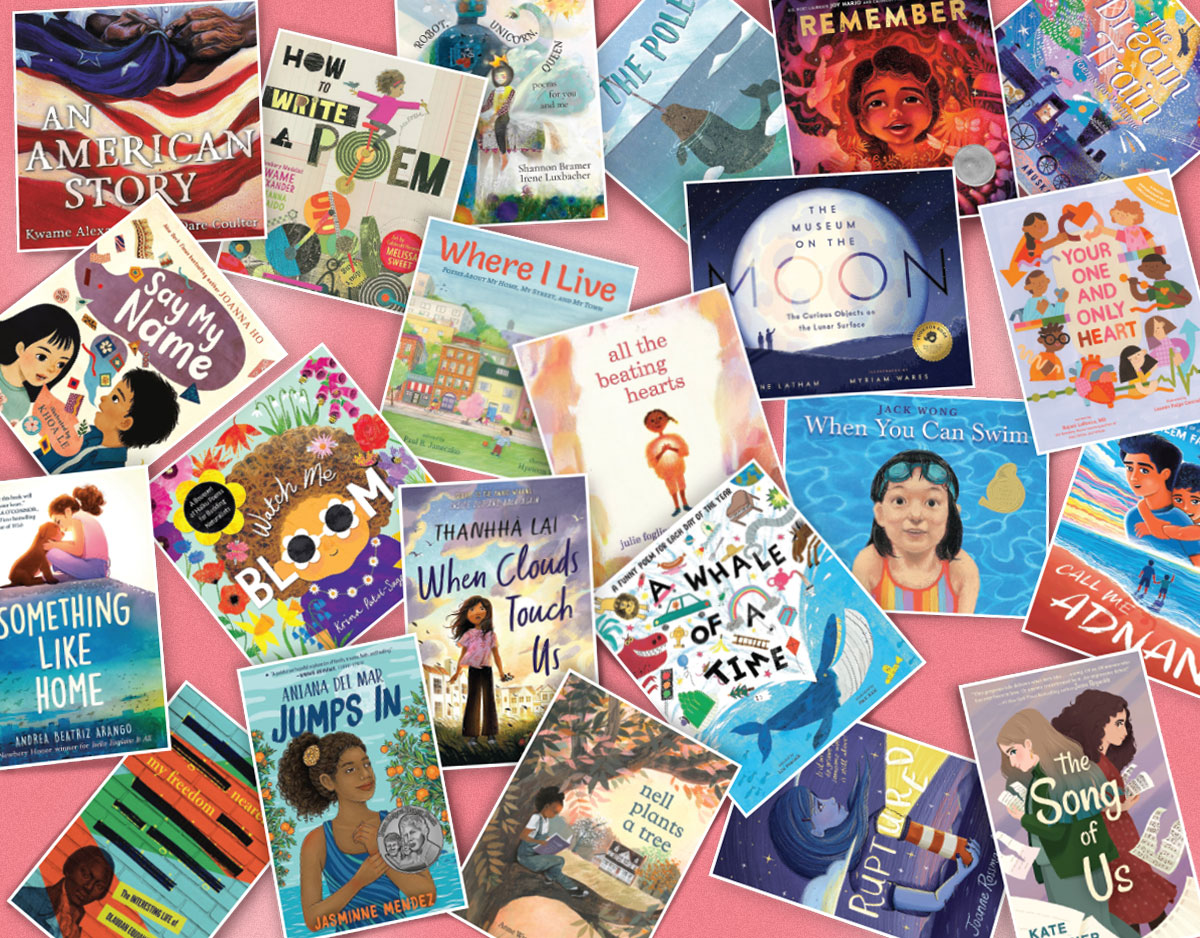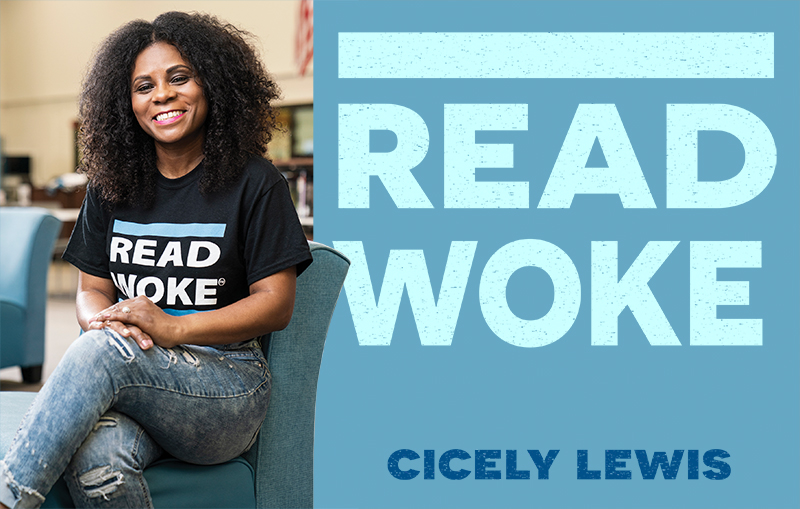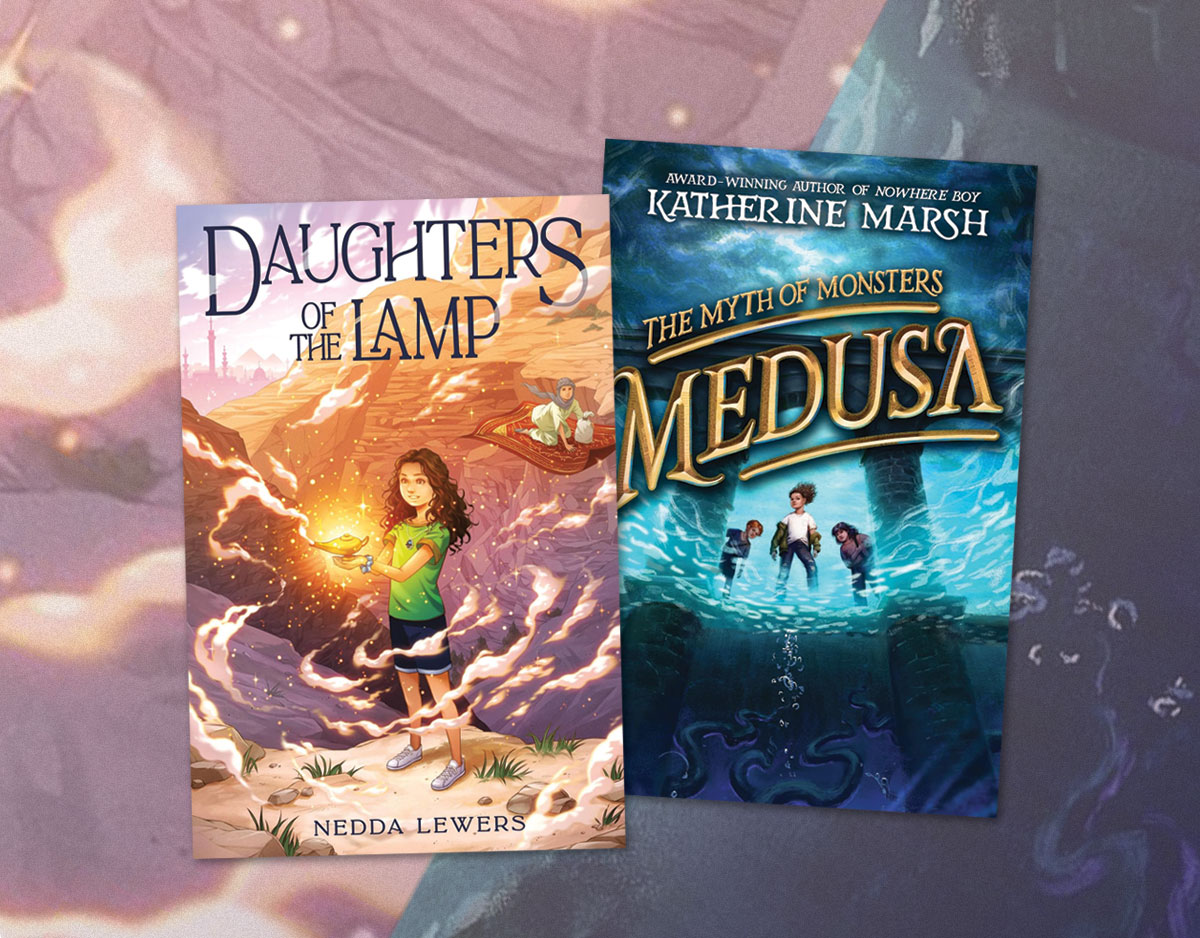Controversy Report: Hello, Here’s Your Negative Review
Over on Twitter, The Hate U Give author Angie Thomas talked (as a number of authors have) about the practice of readers tagging authors when they post a negative review of the author’s book.
If you’re unfamiliar with this situation, you might be surprised to learn that this simple, reasonable request made some readers mad.
ADVERTISEMENT
ADVERTISEMENT
I could get into the details here, but if you’re interested you can investigate further, or read this piece The Guardian just put up.
Not to pull an Internet Old Guy move here (should this have been a Ye Olde Scope Notes post?), but in my opinion, tagging authors in negative reviews is a rookie move. I think it’s something people do when they’re just getting their reviewing feet wet, looking for all the attention they can scare up. Not a good place to be.
So I see this as a good opportunity to say something I’ve felt for a really long time: people tag authors way too often on social media. Book creators don’t need to be a part of every online mention of their work.
It’s fine to be critical of a book. It’s fine to share that. But the writer in question should be able to seek those reviews out if they choose.
Here are my thoughts: Don’t tag book creators in negative reviews. When in doubt, don’t tag book creators in positive reviews. If you do tag a book creator in a positive review, it should be because:
A: The author has clearly shown they like this sort of thing.
B: Your review looks at the book in a different/original way.

Filed under: Articles
About Travis Jonker
Travis Jonker is an elementary school librarian in Michigan. He writes reviews (and the occasional article or two) for School Library Journal and is a member of the 2014 Caldecott committee. You can email Travis at scopenotes@gmail.com, or follow him on Twitter: @100scopenotes.
ADVERTISEMENT
ADVERTISEMENT
SLJ Blog Network
This Q&A is Going Exactly As Planned: A Talk with Tao Nyeu About Her Latest Book
More Geronimo Stilton Graphic Novels Coming from Papercutz | News
Parsing Religion in Public Schools
Environmental Mystery for Middle Grade Readers, a guest post by Rae Chalmers
ADVERTISEMENT








I agree that deliberately sending people negative reviews of their books through any media seems unkind. I would generally rather not do it. However, I find it difficult to see this as a pressing issue. First, if you are an artist, people are going to respond publicly to your work. They should, ideally, be respectful and polite, but if you hope that readers will buy your work you need to understand that there is a risk of negative reviews. Threatening and cruel statements are unacceptable, but thoughtful and sensitive responses are not. Criticisms may be based on artistic criteria, but also on the book’s message, if they are articulate and rational, not personal attacks.
Having said that, Twitter is full of vile statements about people, including about children’s book authors. Some of those defending Thomas themselves engage in this kind of hostile rhetoric, sometimes with foul language. As they so often do, they want to defend free expression only when they approve of the message. It is truly ironic to hear them accusing reviewers of insensitivity. As for not sending positive reviews, I disagree. I find that authors generally appreciate hearing that someone has understood and appreciated their work. Why would any reviewer not approach a book “in a different/original way?”